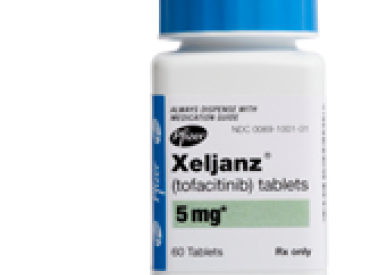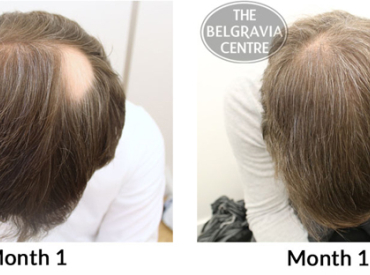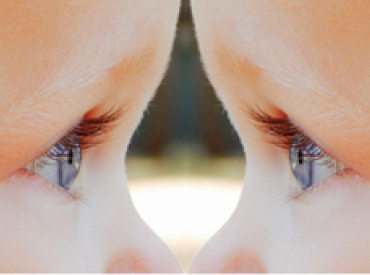Study Unveils First Profile of Toll-Like Receptors in Alopecia Areata Patients
The autoimmune disorder Alopecia Areata is increasingly being explored by the medical community, who hope that their ever-expanding knowledge of the condition may lead to new treatments that reduce the hair loss it causes.
While some research explores how existing prescription medication for other conditions may be adapted to work on people with various forms of alopecia areata which manifests itself as sudden hair loss often in patches on the scalp but can also cause complete baldness and loss of body hair other studies are focused on what is happening at a cellular level. An interesting one that has just been completed by scientists in Saudi Arabia explored how certain receptors in the blood play a part in Alopecia Areata.
Toll-like receptors
The research was pooled between teams at Qassim University in Buraidah and King Saud University in Riyadh, and focused on something called Toll-like receptors, which the researchers describe as “pattern-recognition receptors that sense a variety of pathogens” and play a role in the body’s immune response.
They say that the study was undertaken to investigate the expression of Toll-like receptors (TLRs) in peripheral blood-mononuclear cells (PBMCs) of Alopecia Areata patients. A goal, they say, was to determine whether “TLR-mediated inflammatory signals are important for the perspective of Alopecia Areata management.” Continues below...
For their research, the teams recruited 25 Alopecia Areata patients (four females and 21 males) as well as a control group comprised of 21 males and five females. Venous blood samples were collected so that it could be analysed. PBMCs were isolated and became the focus of the study.
Summing up their findings, they wrote: “This is the first report that shows the comprehensive expression profiles of all ten Toll-like receptors in the peripheral blood cells of Alopecia Areata. Our novel data conclude that all intracellular TLRs: TLR-3, TLR-7, TLR-8 and TLR-9 are overexpressed in PBMCs of AA patients. Our results support an idea that unregulated expression of TLR-3, TLR-7, TLR-8 and TLR-9 in peripheral blood cells of AA patients may be involved in their signalling cascade to dysregulation of Th-1, Th-17 and regulatory T-cell cytokines. Moreover, study also suggested that these TLRs can be targeted for the development of novel treatment regimens for better management of Alopecia Areata patients.”
More targeted studies
They are now calling for more targeted studies concerning the biology and function of TLRs as this may lead to the development of a new class of drugs.
At present, there is effective Alopecia Areata treatment available for the condition in its mild-to-moderate form - where it causes bald patches on the scalp only. At Belgravia these courses are often built around daily applications of high strength minoxidil, which has shown promising regrowth results in a great number of cases. Just a few examples of patients who have benefitted from this type of approach can be seen in our dedicated Succcess Stories gallery.
However, these treatments have less chance of success on people with more extreme cases of Alopecia Areata, which is why the team at Belgravia is especially interested in all new developments that may one day lead to more treatment options, especially for those conditions, like Alopecia Totalis and Alopecia Universalis which cannot currently be treated.

The Belgravia Centre
The Belgravia Centre is a world-renowned group of a hair loss clinic in Central London, UK. If you are worried about hair loss you can arrange a free consultation with a hair loss expert or complete our Online Consultation from anywhere in the world for home-use treatment.
View our Hair Loss Success Stories, which includes the world's largest gallery of hair growth photos and demonstrates the level of success that so many of Belgravia's patients achieve.



